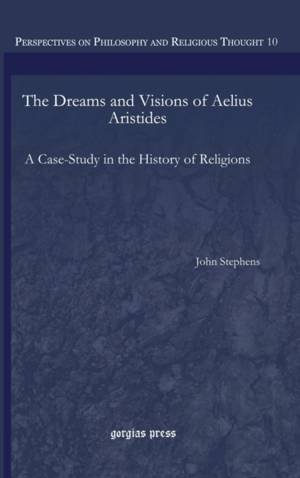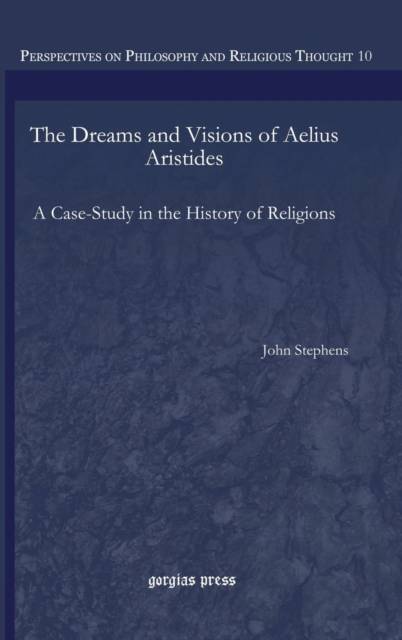
- Afhalen na 1 uur in een winkel met voorraad
- Gratis thuislevering in België vanaf € 30
- Ruim aanbod met 7 miljoen producten
- Afhalen na 1 uur in een winkel met voorraad
- Gratis thuislevering in België vanaf € 30
- Ruim aanbod met 7 miljoen producten
Zoeken
€ 143,95
+ 287 punten
Omschrijving
An analysis of the religious experiences of the Greco-Roman sophist, Aelius Aristides. As a member of the cult of Asclepius, Aristides recorded his nocturnal dreams, waking visions and spiritual healings in a diary entitled the Sacred Tales.
Specificaties
Betrokkenen
- Auteur(s):
- Uitgeverij:
Inhoud
- Aantal bladzijden:
- 168
- Reeks:
Eigenschappen
- Productcode (EAN):
- 9781463202323
- Verschijningsdatum:
- 12/08/2013
- Uitvoering:
- Hardcover
- Afmetingen:
- 236 mm x 162 mm
- Gewicht:
- 406 g

Alleen bij Standaard Boekhandel
+ 287 punten op je klantenkaart van Standaard Boekhandel
Beoordelingen
We publiceren alleen reviews die voldoen aan de voorwaarden voor reviews. Bekijk onze voorwaarden voor reviews.







